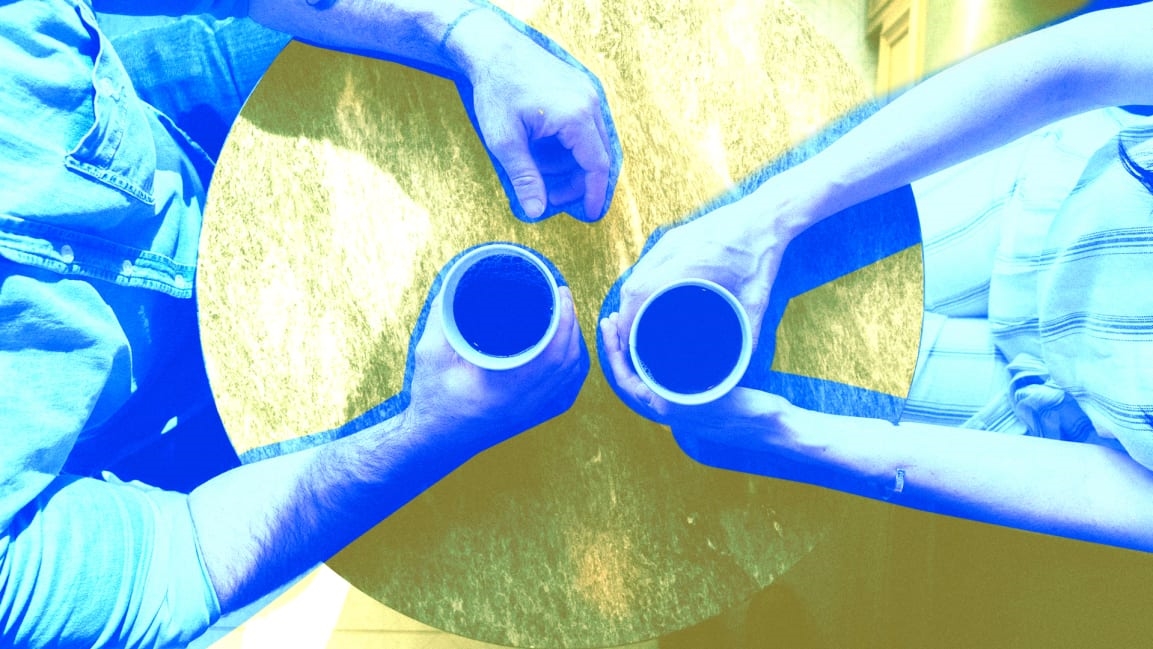These 5 things indicate someone has strong social skills
Whether you’re heading for a job interview, meeting a client, or chatting with a colleague, there’s one “make or break” factor at work: your interpersonal skills.
Plenty of research has been done about the connection between strong social skills and career success—especially in a workplace that is only becoming more automated.
Social skills are the key to teamwork and building long-term relationships, but they can feel hard to measure. If you lack them, you’ll suffer the consequences. People won’t likely say to your face that you lack social smarts, but the hard truth is that they may be less inclined to promote you or invite you out for after-work drinks.
The good news is that you absolutely can improve your interpersonal skill set, once you know what to focus on. Here are five concrete indicators that someone is socially adept:
1. They show an appreciation for others
Everyone wants to feel special, so a strong starting point is to make them feel great about themselves. If they’ve had a “win” of some kind, mention that, congratulate them, show that they are special in your mind. If you don’t know them personally—say in the case of a recruiter—do your research before you meet, and compliment the recruiter on his success rate in placing candidates. If you’re talking to your boss, mention that you appreciate the feedback she gave you on your last presentation.
Don’t worry that you’ll sound like a suck-up when you compliment the other person. Generally what seems like overzealous praise to you will sound like the absolute truth to the person with whom you’re speaking.
2. They listen deeply
Another great skill is the ability to listen. It’s not as easy as you might think, which is why if you encounter someone who’s really good at listening, it often makes a strong impression.
A study by the Harvard University Social Cognitive and Affective Neuroscience Lab revealed that people spend 60% of their conversations talking about themselves. When we aren’t talking, we’re often constructing our response.
The best strategy for developing your listening skills is to understand how to listen. Adopt a simple three-pronged approach:
You don’t have to do all three at the same time. But try one, then another, then another. Practicing this form of engagement will help you strengthen your connection with the other person.
3. They’re enthusiastic
We’re drawn to people who give us energy—people who are upbeat, enthusiastic, and positive in their outlook. To achieve this dynamic connection with others, think of leading and inspiring others, no matter your position. When it’s possible, resist complaining, blaming others, or bringing people down. Instead, talk about what’s been awesome about your day, or about an experience you and your colleague have shared.
4. They use body language effectively
Your social skills involve more than your words. To build interpersonal rapport, use centered body language.
Look others directly in the eye and show warmth. Don’t let your eyes dart away when someone passes or when you get a text on your phone. This will make the other person feel ignored—and rightly so!
Consider the expression on your face, and your tone of voice. Finally, align your body with that of the person you’re talking to. If you’re standing, mirror the other person’s body position. If that individual is sitting, sit down next to them, rather than towering over them.
5. They’re grateful
This last but equally important skill is to thank others for what they have given you or done with you. I frequently spend time with people who ask for career advice or consult me on job opportunities. I am delighted to do this, but I am somewhat disheartened when there is no follow-up “thank you.” This is common courtesy. Saying “thank you” holds for job interviews, professional conversations, networking chats, and even encounters with friends.
You don’t necessarily have to send a handwritten note—although such notes can speak volumes. But by all means send a message that explains how much you got out of the meeting, and how grateful you are. If it’s an email, send it within hours of your meeting.
(125)



